W. E. B. Du Bois was an American writer, leader and civil rights activist who changed the direction of the African American movement by successfully opposing the most prominent early 20th century black leader Booker T. Washington. Du Bois’s emphasis on proper education and equal rights would have paramount influence in shaping the African American community in the United States. He is also famous for his works in sociology and for founding the NAACP. Know about the life, family, education, leadership, trial and death of W.E.B. Du Bois through these 10 interesting facts.
#1 HE WAS THE ONLY CHILD OF ALFRED DU BOIS AND MARY SILVINA BURGHARDT
William Edward Burghardt Du Bois was born on 23rd February, 1868, in the town of Great Barrington in Berkshire County, Massachusetts, U.S. His mother Mary Silvina Burghardt belonged to one of the few free black families in Great Barrington. They had gained freedom in the 18th century and owned land in the state. His father Alfred Du Bois emigrated from Haiti to Massachusetts around 1860 and served as a soldier in the American Civil War. Alfred married Mary in 1867 but left his family in 1870, two years after their only child William was born.
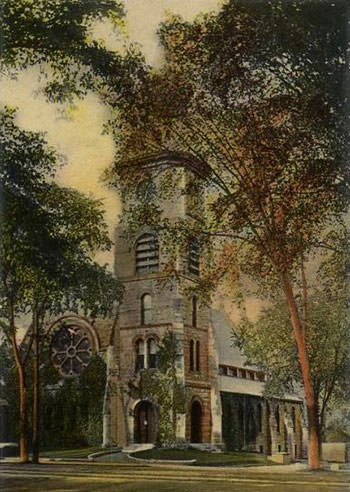
#2 HE WAS TREATED WELL IN HIS CHILDHOOD BY THE WHITE COMMUNITY
Du Bois was generally treated well in Great Barrington. He attended the local integrated public school, played with white schoolmates and his intellectual talent was acknowledged by his teachers. From 1885 he attended Fisk University, a black college in Nashville, Tennessee. It was here that he first experienced strong racism with the Jim Crow laws, bigotry, suppression of black voting and lynching being prevalent in the South. In 1888, Du Bois got his bachelor of arts from Fisk University.

#3 HE WAS THE FIRST AFRICAN AMERICAN TO EARN A PH.D. FROM HARVARD
From 1888 to 1890, Du Bois attended the Harvard College, where he received his second bachelor’s degree after the one in Fisk. In 1892, he received a fellowship to attend the University of Berlin in Germany. His time in Berlin was a period of intellectual enhancement for Du Bois as he came in contact with several prominent social scientists, including Gustav von Schmoller, Adolph Wagner and Heinrich von Treitschke. In 1895, after returning to U.S., W.E.B. Du Bois became the first African American to earn a Ph.D. from Harvard University.
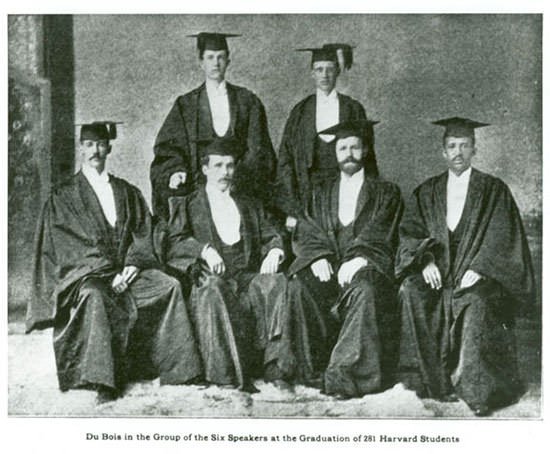
#4 HE CLASHED WITH BOOKER T. WASHINGTON
In early 20th century, Du Bois emerged as an influential speaker for African Americans, second only to Booker T. Washington. Washington had struck an unwritten deal with Southern white leaders known as the Atlanta compromise, by which the Southern blacks would submit to discrimination, segregation and disenfranchisement; in return for basic education and due process in law. Du Bois, however, felt that African Americans should fight for equal rights and thus opposed Washington. Also, Washington believed in educating African Americans only in agricultural and mechanical skills to prepare them for rural and industrial opportunities; while Du Bois felt that liberal arts should be included in the curriculum to prepare African Americans for leadership roles.
#5 HIS VISION OF EQUAL RIGHTS GAINED GROUND AFTER THE ATLANTA RACE RIOT
In 1905, Du Bois co-founded the Niagara Movement, a black civil rights organization opposing the Atlanta Compromise. In 1906, President Theodore Roosevelt dishonorably discharged 167 black soldiers, which included many who were nearing retirement. In September of the same year, the Atlanta race riot broke out in which a white mob thrashed every black they encountered leading to at least 25 deaths. These two incidents are considered a turning point for the African American community marking the ascendancy of Du Bois’s vision of equal rights.
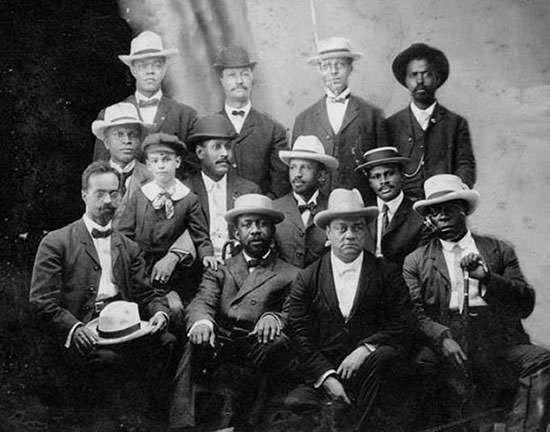
#6 W.E.B. DU BOIS CO-FOUNDED THE NAACP
In 1909, W.E.B. Du Bois co-founded the National Association for the Advancement of Colored People (NAACP), an important African-American civil rights organization which remains active. He was also the editor of NAACP’s journal The Crisis for its first 24 years. During World War I, DU Bois supported Joel Spingarn’s camp to train African Americans for U.S. military. Though his efforts were marred by incidents of racial violence, ultimately 600 black officers joined the Army in October 1917. After the war, Du Bois initially supported and influenced the Harlem Renaissance but later lost enthusiasm believing the whites visited Harlem for voyeurism and that renaissance artists didn’t recognize their responsibilities to their community.
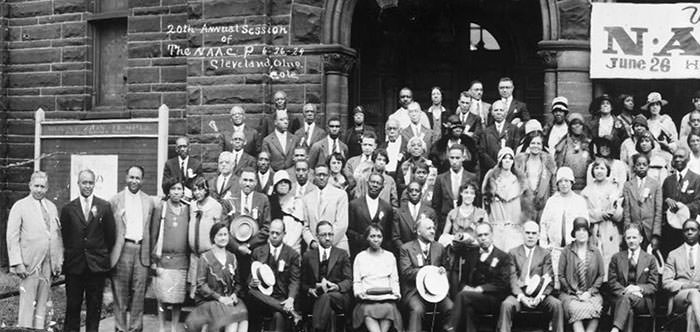
#7 HE WAS TRIED FOR ACTING AS AN AGENT OF A FOREIGN STATE
Du Bois felt that capitalism was responsible for poverty and racism; and that socialism may be a better path towards racial equality. His association with prominent communists made him a target for F.B.I. which was aggressively investigating communist sympathizers. Also Du Bois was an anti-war activist. In 1950, after World War II, he became chairman of the Peace Information Center (PIC), an anti-war organization working for the ban of nuclear weapons. The U.S. Justice department told PIC to register with federal government on allegation that it was acting as an agent for a foreign state. Du Bois and PIC leaders refused. In 1951, Du Bois was brought to trial for being an unregistered agent for a foreign power. Albert Einstein offered to appear as a character witness for Du Bois. The potential publicity convinced the judge to drop the case and acquit Du Bois.
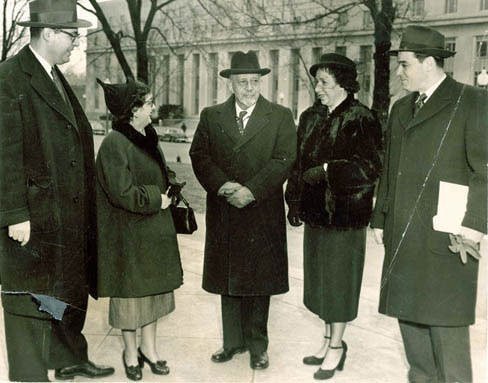
#8 W.E.B. DU BOIS LEFT U.S. AND BECAME A CITIZEN OF GHANA
Du Bois was shunned by colleagues and harassed by federal agencies throughout the 1950s. His passport was confiscated and withheld for eight years. By 1960, the “Year of Africa”, Du Bois had recovered his passport and was able to travel to Ghana to participate in the celebrations of the creation of the Republic of Ghana. During his visit he spoke with its president on creation of an encyclopaedia of the African diaspora. In October 1961, Du Bois traveled to Ghana on an invitation to commence the project. In early 1963, U.S. refused to renew his passport leading to Du Bois becoming a citizen of Ghana.
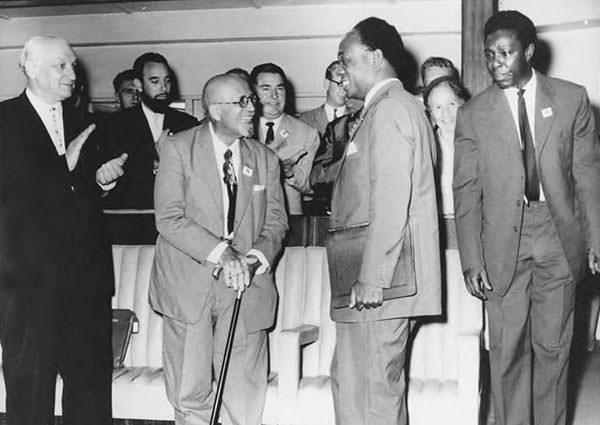
#9 HE DIED A DAY BEFORE THE FAMOUS “I HAVE A DREAM” SPEECH
While working as a teacher at Wilberforce University in Ohio, Du Bois married one of his students, Nina Gomer on May 12, 1896. With Gomer he had a son Burghardt, who died in infancy, and a daughter Yolande. After Gomer’s death in 1950, Du Bois married Shirley Graham, an author and activist. It was Graham’s second marriage too. After the couple’s move to Ghana in 1961, his health declined and W.E.B. Du Bois died on August 27, 1963 in Accra, the capital city of Ghana. He was 95 years old. A day after his death, Martin Luther King Jr. delivered his historic “I Have a Dream” speech. A year later the Civil Rights Act of 1964 was enacted incorporating many of the reforms for which Du Bois had campaigned through his life.
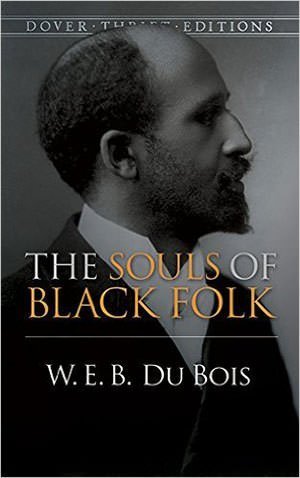
#10 HIS MOST FAMOUS WORK IS SOULS OF BLACK FOLK
The greatest legacy of Du Bois is his immense contribution as a writer. As poet, playwright, novelist, essayist, historian, and journalist, he wrote 21 books, edited 15 more, and published over 100 essays and articles. His most outstanding work is perhaps Souls of Black Folk (1903), a collection of 14 essays in which he defined key themes of the African-American experience. The book is considered a seminal work in the history of sociology and a cornerstone of African-American literary history. Honors awarded to Du Bois in his lifetime include the Lenin Peace Prize by USSR in 1959. Posthumous honors include US Postal Service issuing a postage stamp with his portrait in 1992.

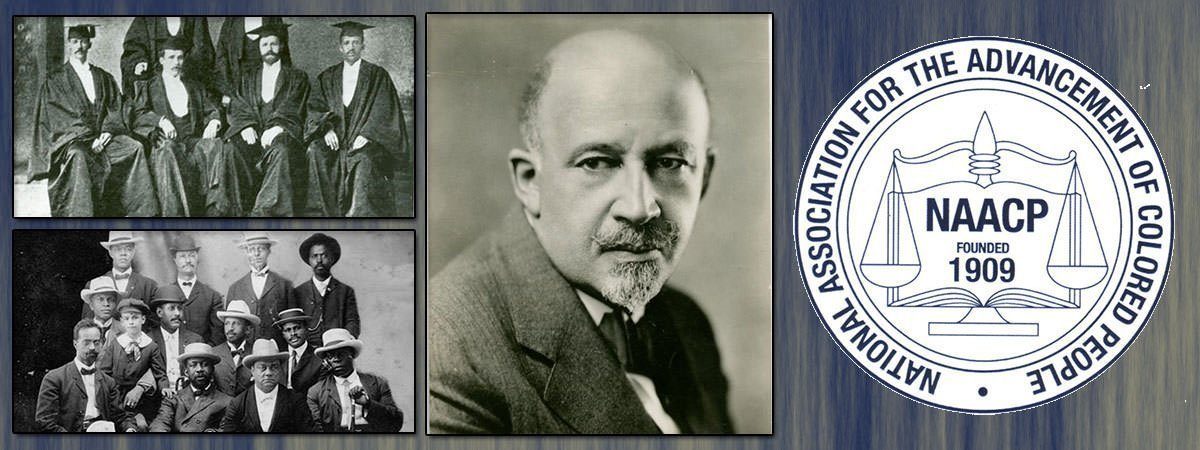
come up with Why Hitler made the Nazis
what?
this was so bad like for real this all you came up with
this was some good info
Thanks